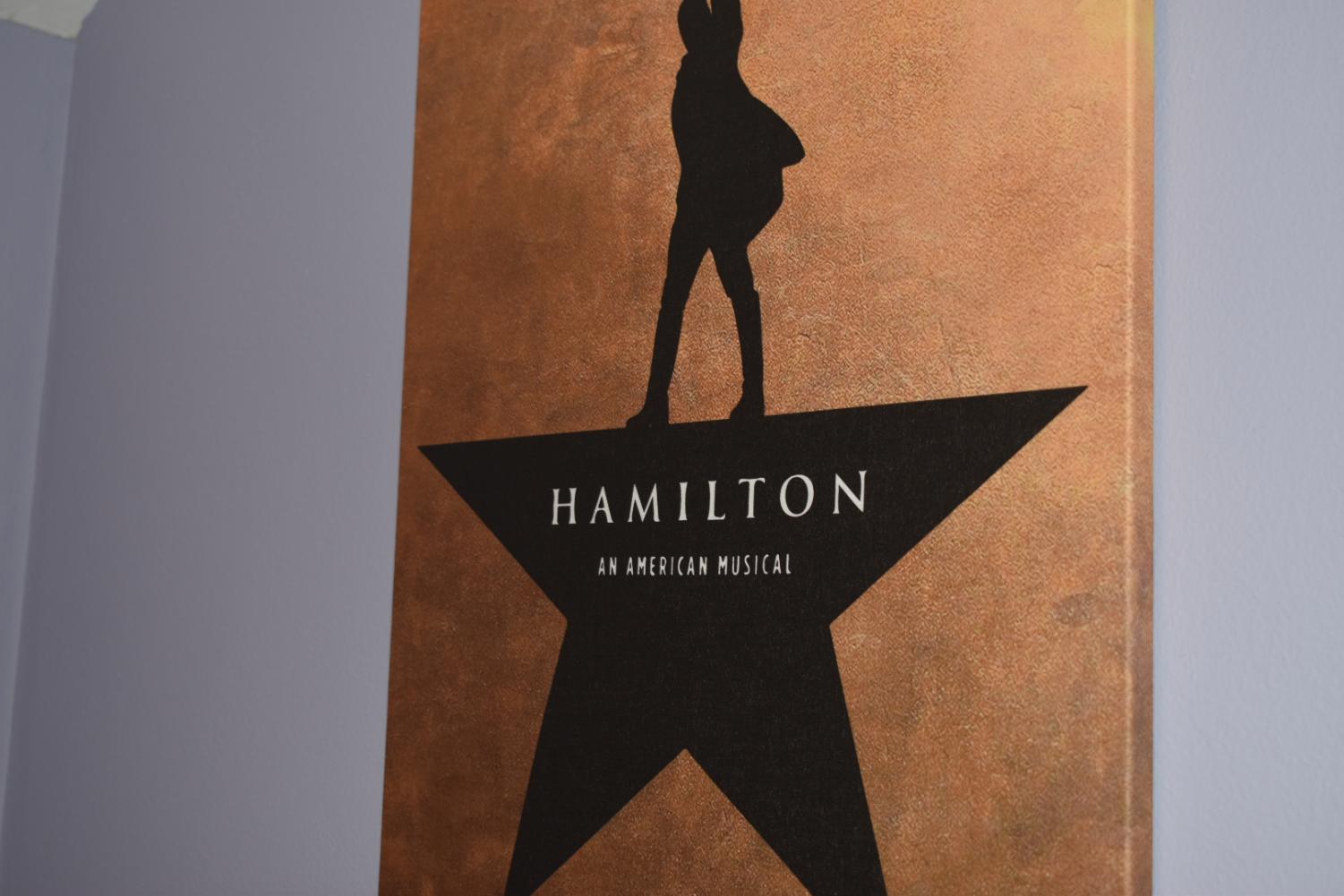In 2019, precedent was shattered, and cultural norms dispelled when Korean director Bong Joon-ho’s film Parasite became the first non-English-language movie to win the venerated Best Picture award at the Academy Awards. Along with this groundbreaking event came both celebration and outrage, as enraged audiences took to the internet to denounce the Academy. Those angered alleged that unearned favor was given to the film solely because of its country of origin and the ethnicities of its cast. In a perfect world, race and other elements of diversity would have no bearing on casting whatsoever, but this is not a realistic short-term goal for modern society. This controversy served to exemplify the greater question plaguing modern entertainment: should the diversity of ethnicities, viewpoints, cultural backgrounds and other characteristics be considered when casting?
Within the seemingly boundless creative industry that is responsible for all commercial entertainment, a few conventions are curiously narrow. Stereotypes, though grating, are effective when it comes to creating a piece that will sell, and many are easily recognizable across a variety of works.
Consider the stereotype of the Indian math whiz, the effeminate and melodramatic gay best friend, the no-nonsense and authoritative female boss that is represented as an unreasonable hurdle to overcome. These tropes are as old as they are inaccurate, and serve only to perpetuate norms that benefit one group: the straight, white male.
Diverse characters should not exist as part of a quota to be met; they should be vibrant and accurate representations of the kind of multifaceted people that exist in real life. This would avoid the tired tropes that riddle much of modern entertainment, making a more engaging and relatable piece. It would also ensure that the actor cast for a given role is the best person for that role and not just the one that fits the given stereotype the best.
One obvious exception to this rule is when some aspect of a character or cast is extremely relevant to the plot of the finished product. Casting a white actor to play a black man in a movie examining race would be a jarring role reversal that would not fit the story, though there is a tendency to over-apply this point. For example, the actors in the musical Hamilton came from a wide variety of ethnic backgrounds, yet this had no effect on the finished musical despite the fact that the vast majority of the characters they played were white. This is because the race of the characters was not essential to the plot, and, therefore, neither was the race of the actors.
A difficulty commonly encountered by those raising awareness for social causes is that it is simply incredibly difficult to get outside of one’s own head. A white person might view a romantic comedy with a majority-white cast and not think anything of it; someone from another ethnic background might find its connection to their reality tenuous at best. That is not to say that all forms of media should speak to every demographic out there, but simply having more diverse casts is an easy and painless way to increase audience connection.
Those opposed to greater diversity within casts in entertainment often claim that media corporations use actors with a wider variety of backgrounds in order to pander to a progressive audience. This reasoning is dangerous and irresponsible, using the effective and overused tactic of inflating a small, uncommon issue in order to oppose a point. Though using a diverse cast simply for their diversity is immoral, the reality is that it is nowhere near common enough to be a legitimate concern.
The reality of modern American media is that those in prominent entertainment positions do not reflect the makeup of the audiences they are marketed to. Solving this issue is not a matter of giving preference to those with more diverse backgrounds, but removing it from the demographics that currently have it. Far from an attack on entertainment or culture at large, a shift in this direction would benefit everyone. A more diverse representation of society is also a more accurate representation of society, and the better a piece can represent reality the more it will resonate with consumers.







































